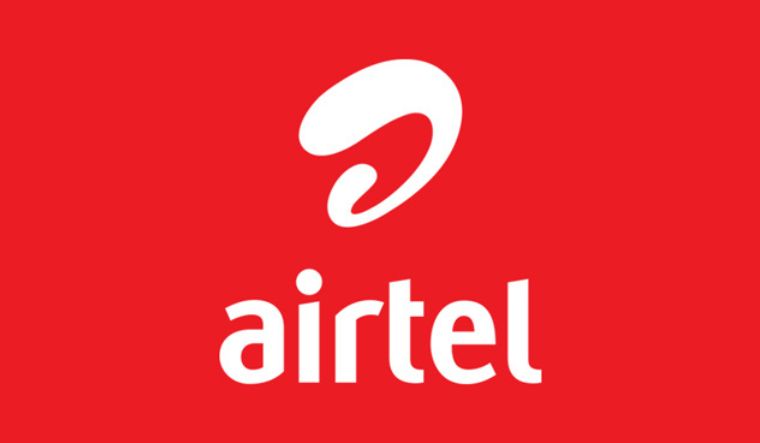A day after Reliance Jio, the country's largest telecom operator, raised tariffs by up to 25 per cent, rival Bharti Airtel has followed up and increased tariffs across voice and data plans. Analysts say the much-needed tariffs will be a big boost for the sector and some say may lead to further re-rating in this space.
On Thursday evening, Reliance Jio had announced a price hike across its popular prepaid and postpaid plans. New prices would be effective July 3, but JioBharat and JioPhone users will continue to enjoy existing tariffs.
Reliance Jio Infocomm chairman Akash Ambani had said the introduction of new plans was a step in the direction of furthering industry innovation and driving sustainable growth through investments in 5G and AI technology.
Welcoming the tariff hikes, Bharti Airtel said it too will raise tariffs effective July 3.
"Airtel has maintained that the mobile average revenue per user (ARPU) needs to be upwards of Rs 300, to enable a financially healthy business model for telcos in India. We believe that this level of ARPU will enable the substantial investments required in network technology and spectrum and offer a modest return on capital. In this light, we welcome the announcements in the industry to repair tariffs," the company said.
In the January-March quarter, Airtel's ARPU stood at Rs 209. Jio's ARPU stood at Rs 181.7 in the same period. Ailing Vodafone Idea, which is also expected to raise tariffs, had an ARPU of Rs 146 in the fourth quarter.
Airtel has now raised mobile tariffs by up to 21 per cent. Its unlimited voice plans will now cost around 11 per cent more; the Rs 28-day validity plan, for instance, will now come at Rs 199, versus Rs 179 earlier and the 84-day validity plan will cost Rs 509, compared with Rs 455 earlier. Prices of Airtel's daily data plans across various validities have gone up by up to 21 per cent.
The company said it has ensured that there is a "very modest price increase" (less than 70 paise per day) on the entry-level plans, to "eliminate any burden on budget-challenged consumers."
Reliance Jio started operations back in 2016 offering unlimited voice calls and extremely affordable data. Since then, the industry went through a wave of consolidation as tariffs fell sharply, in turn driving profitability lower. Analysts have for long batted for tariff hikes to shore up earnings and support investing in newer technologies like 5G.
Himanshu Shah, director research at Dolat Capital pointed that the latest round of price hike is only the third in the past 4.5 years.
"The tariff increase is a significant positive and had been key re-rating trigger in recent past driving sharp stock price performance of telcos versus Nifty," said Shah.
He expects the next tariff hike will only happen in 18-24 months.
"The tariff hike is a big positive for the sector and we expect further re-rating in the space," said Varatharajan S. of Antique Stock Broking.
Dayanand Mittal of JM Financial Institutional Securities expects industry ARPU likely to grow at 10-12 per cent compounded annually to Rs 300 in the next 3-4 years, given the consolidated industry structure and higher ARPU requirement for Jio also to justify significant 5G capex and given its potential initial public offering.
"Jio leading tariff hike this time is positive for future tariff hikes; earlier tariff hikes were led by Bharti, and Jio was being considered as a reluctant follower in its drive to gain subscriber market share," said Mittal.
While Reliance shares traded 2.5 per cent higher in afternoon trade on Friday, Bharti Airtel was down around 1 per cent and Vodafone Idea fell close to 3 per cent. Anticipating the tariff hikes post election results and the recent spectrum auctions, shares of both Airtel and Vodafone Idea had moved up recently. As of Thursday's close, Vodafone Idea had gained 27 per cent over the past month and Airtel had gained more than 7 per cent.
"The latest round of tariff hikes will provide the traction in ARPU levels and can result in additional operating profits of around Rs 20,000 crore for the industry once these hikes are fully absorbed," said Ankit Jain, vice-president and sector head of corporate ratings at ICRA.
This will result in increased profit generation, thereby providing headroom for the industry to undertake deleveraging as well as fund capex for the technology upgrade as well as network expansion, he added.
The credit ratings agency expects expects the industry revenues to grow by 12-14 per cent this financial year, with operating profits expanding 14-16 per cent.



